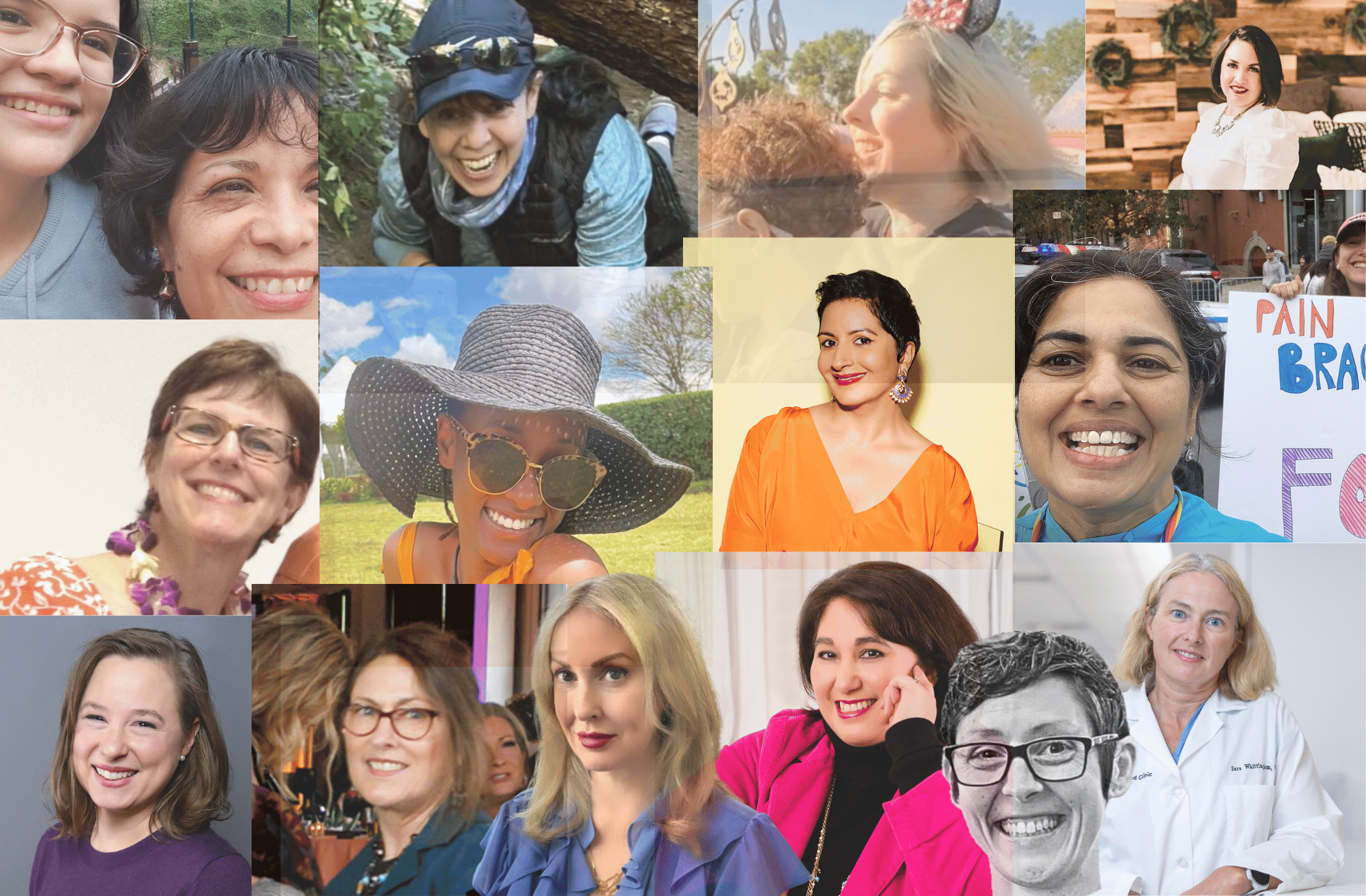Brian Grant joined other Parkinson’s patients for a week-long summer camp to learn more about the disease, and in doing so, he learned a valuable life lesson.
Do you remember what it was like at the beginning of each school year, when your friends and classmates would gather around to talk about what they did at summer camp? Well, Brian Grant certainly does. He had a similar experience just a few weeks ago.
From Aug. 19-24, Brian attended Parkinson’s Disease Summer School. The goal behind this one-of-a-kind summer camp for adults with early-onset to late-stage Parkinson’s is to give them new information and strategies for living their best lives through a series of personalized testing, classroom lectures and interactive sessions.
The week-long event is held twice each summer at Bastyr University’s Kenmore, Washington, campus, and is facilitated by renowned Parkinson’s researcher and physician Laurie Mischley. She was joined by a faculty comprised of PD experts from neurologists and naturopaths to psychologists and physical therapists.
In other words, Brian and his fellow campers from around the world weren’t just in good hands while they were away from home—they were in the best hands, especially when it comes to learning how to better manage Parkinson’s symptoms.
“One thing I liked was that they didn’t always agree on everything,” Brian said of the faculty. “Sometimes the naturopaths and neurologists would have different opinions. I think that’s a good thing.
“As a patient, you want multiple perspectives,” he added. “It gave the whole program a really nice, balanced approach. But at the end of the day, everyone had the same goal in mind: Let’s try to slow down the progression of this disease as much as we can.”
Learning to live with Parkinson’s
One obvious thing that set PD Summer School apart from the summer camp experiences of our youth was the fact that each camper had a series of lab tests done prior to the start of summer school. This allowed the faculty/doctors to gain insight into each camper’s health and offer personalized care.
The lab tests were used to create nutrition profiles for each camper. Once the campers had a chance to examine their nutrient profiles, they learned whether being low or high in certain nutrients may or may not be affecting the progression rate of their disease.
“As a foundation, we try to promote a healthy lifestyle. We spend a lot of time talking about the importance of nutrition,” Brian said. “But when you’re sitting there looking at your own lab results, it really drives that point home—just how important it is for people with Parkinson’s to eat a plant-based diet.”
Other than the lab testing part, PD Summer School operated just like any other summer school, Brian said. There were 8 a.m. start times, classroom lectures, recess in the courtyard, lunch in the dining hall and afternoon P.E. classes. And what camp wouldn’t be authentic without a kumbaya-style drum circle before lights out?
Brian found himself getting into the whole summer camp experience. “I loved the activities they had in the morning and afternoon. Being able to do qigong, mindful meditation and things of that nature—I enjoyed myself,” he said.
PD Summer Camp was quite different from his usual routine, but when Brian signs up to do something, he puts in 100 percent … even if it means putting 100 percent of his 6’9 frame into a twin bed with a cast on his foot. “It was tough,” he said with a laugh. “But I made it work.”
He said his favorite part was getting to know the other campers. “Early on, I didn’t like hanging out with other PD patients because seeing people in the late stages of this disease would give me anxiety and fear,” Brian said.
“But being there with so many wonderful people made me focus on the fact that I do have this disease. Sometimes denial will kick in and I try to think that I don’t. Learning from them and watching how well they handle life with PD was inspiring to me.
“In the end, I didn’t just learn more about this disease—I learned more about myself.”
By Kathryn Jones



